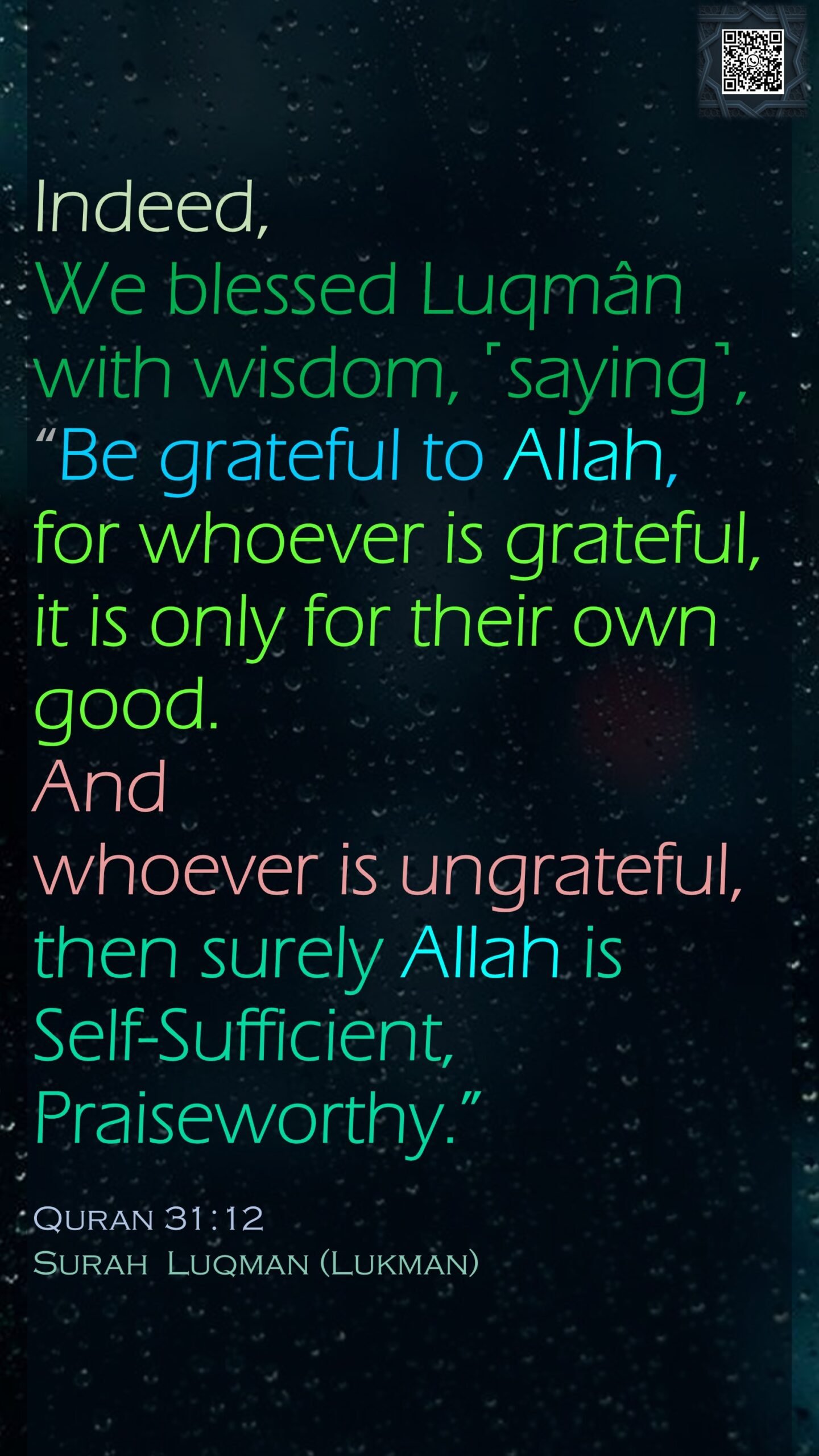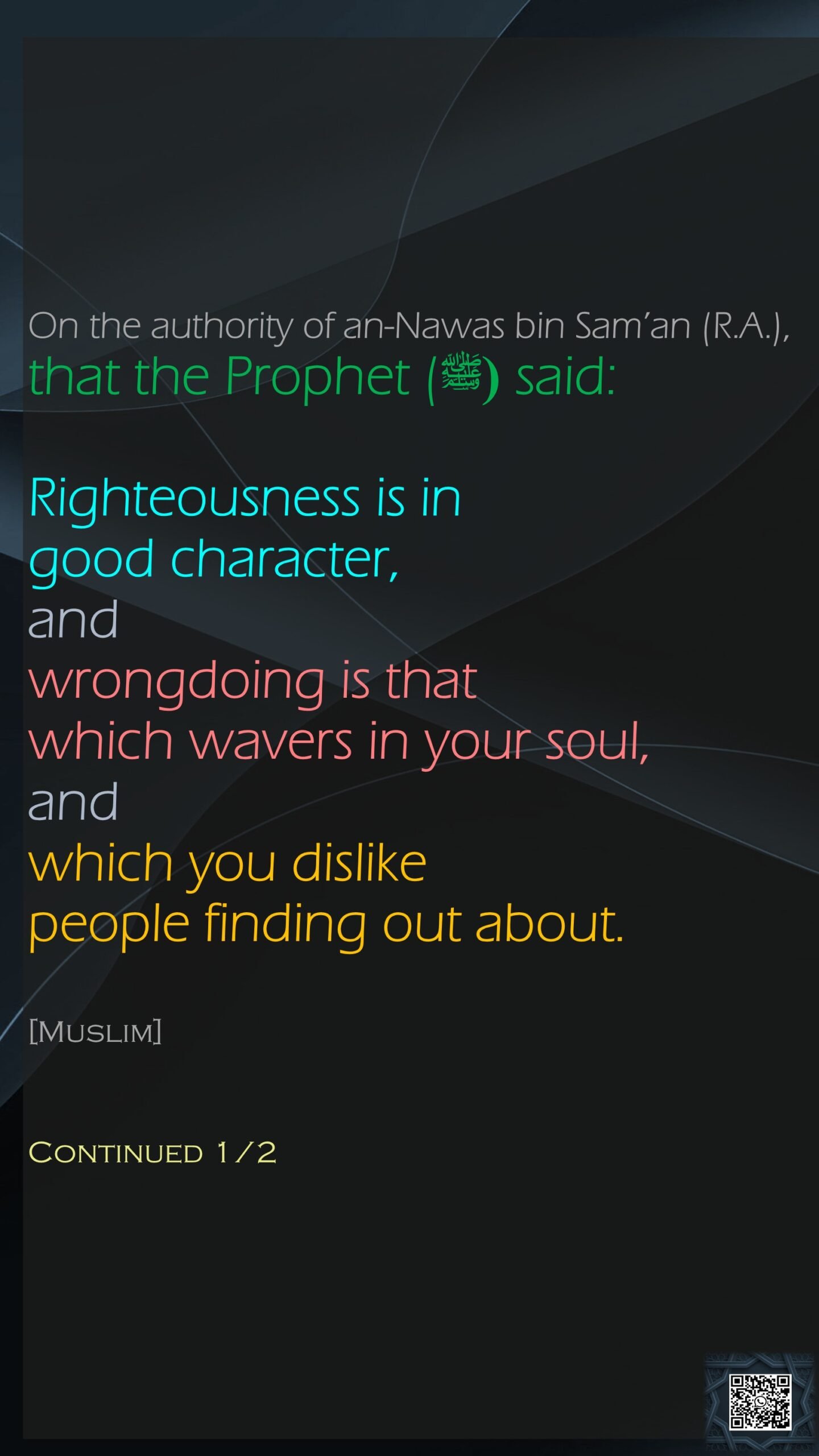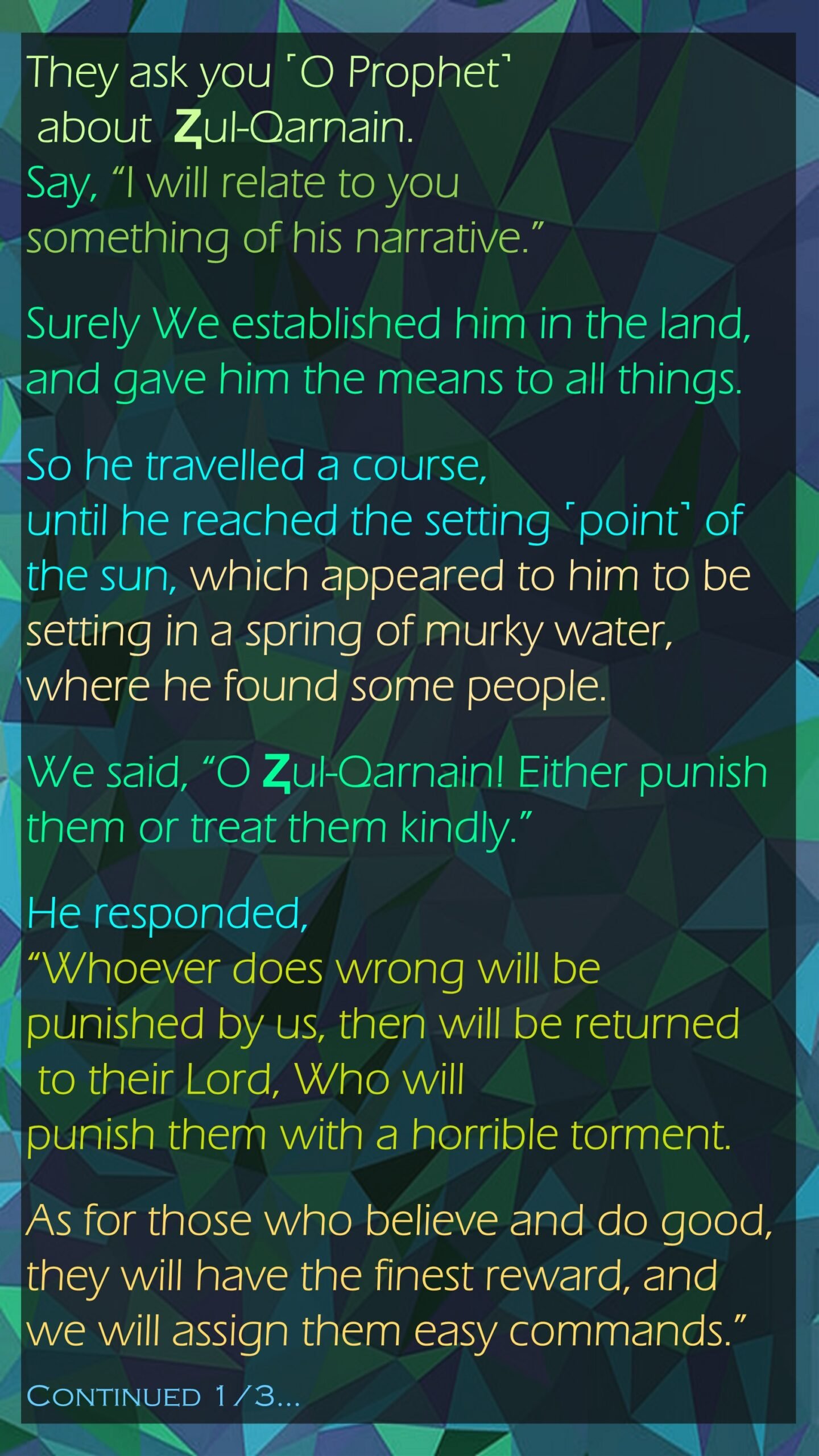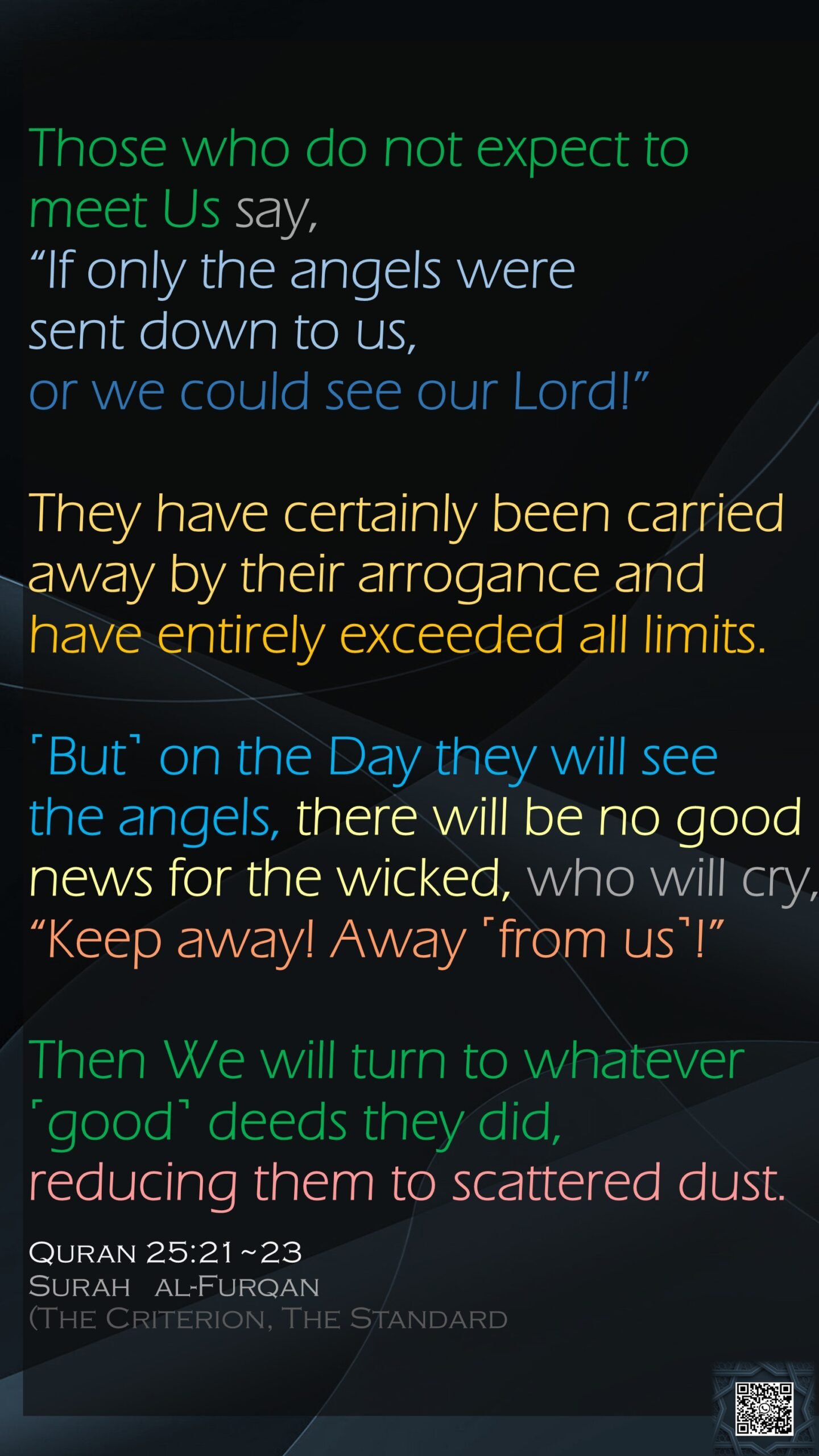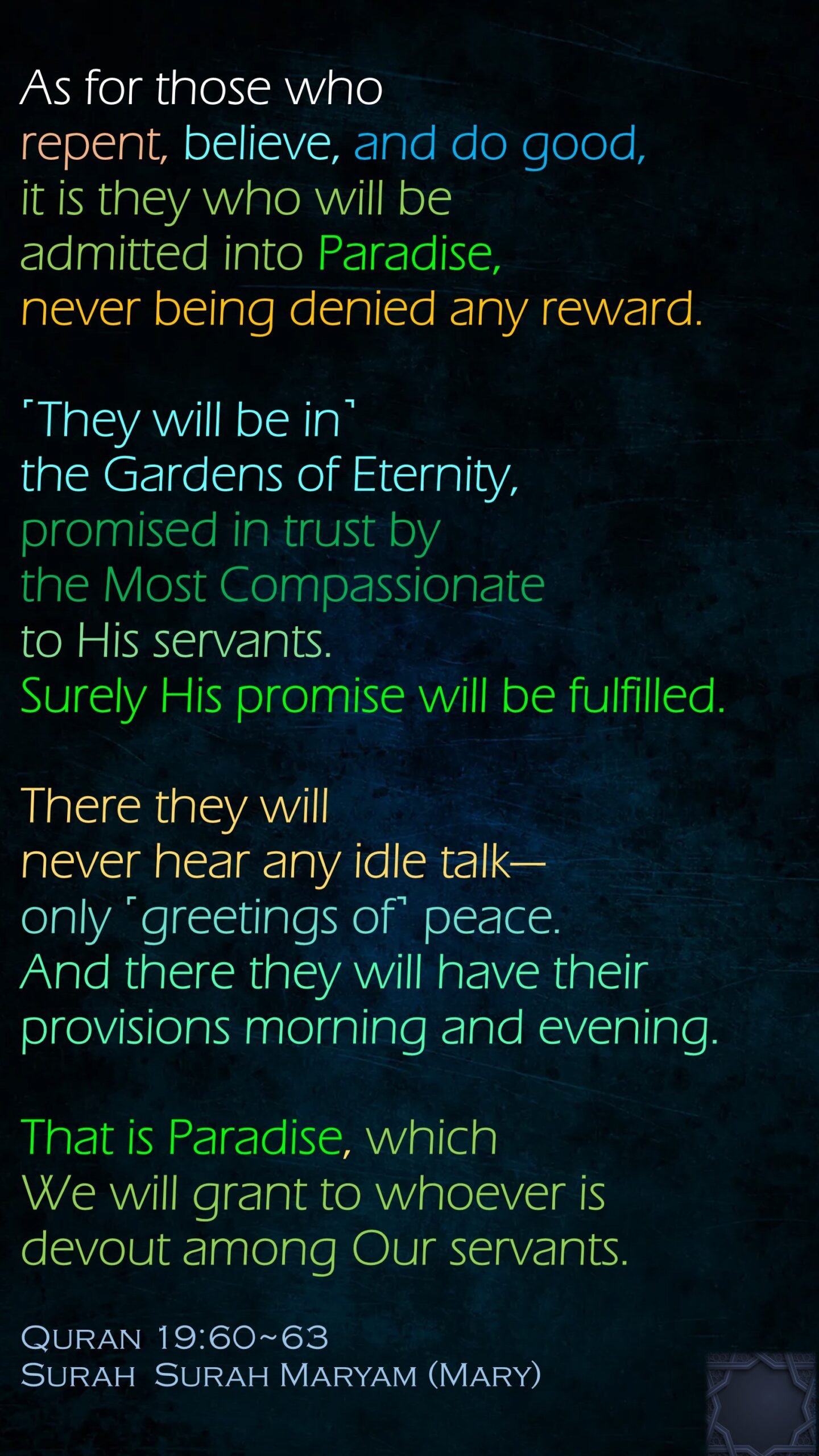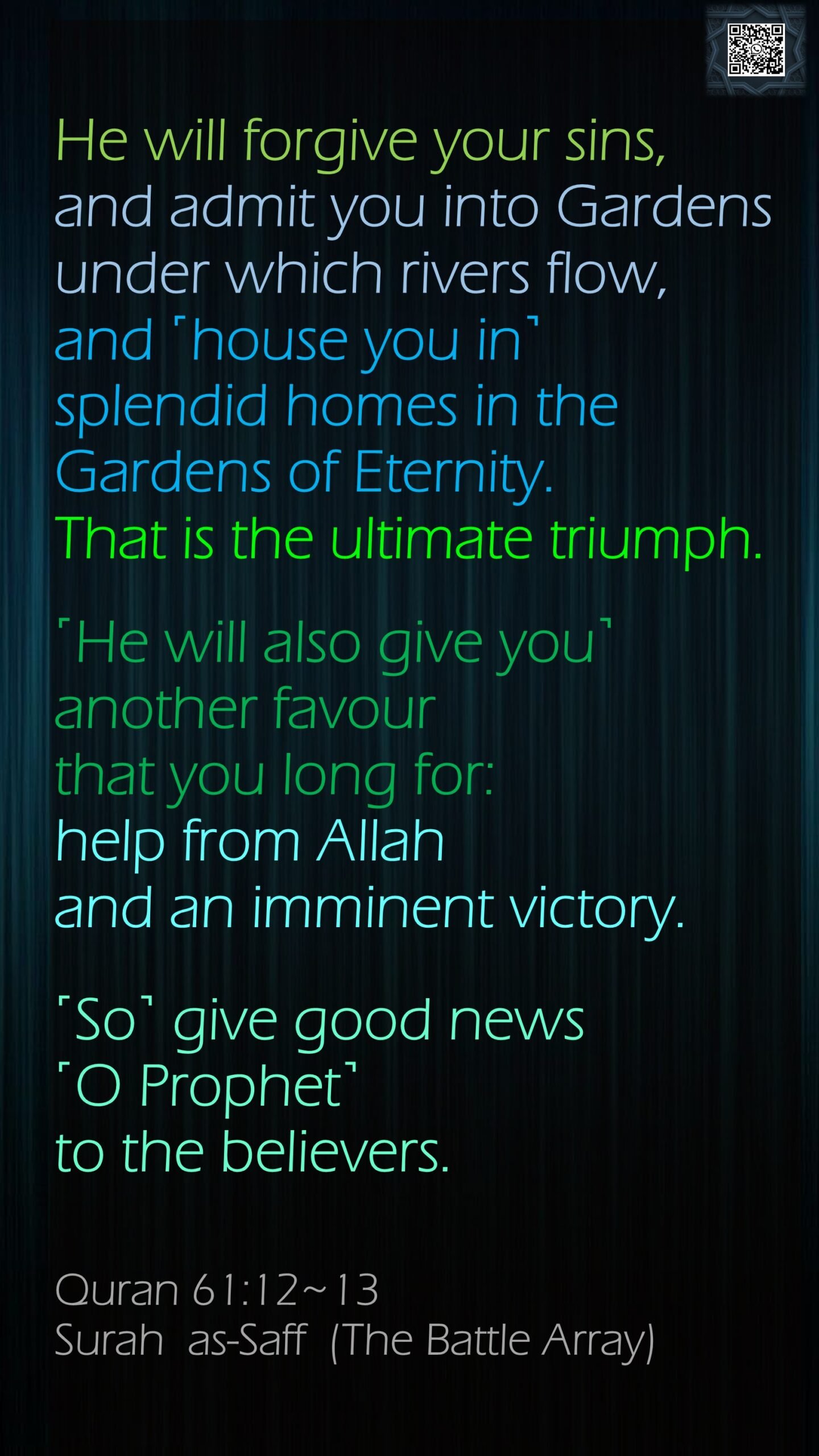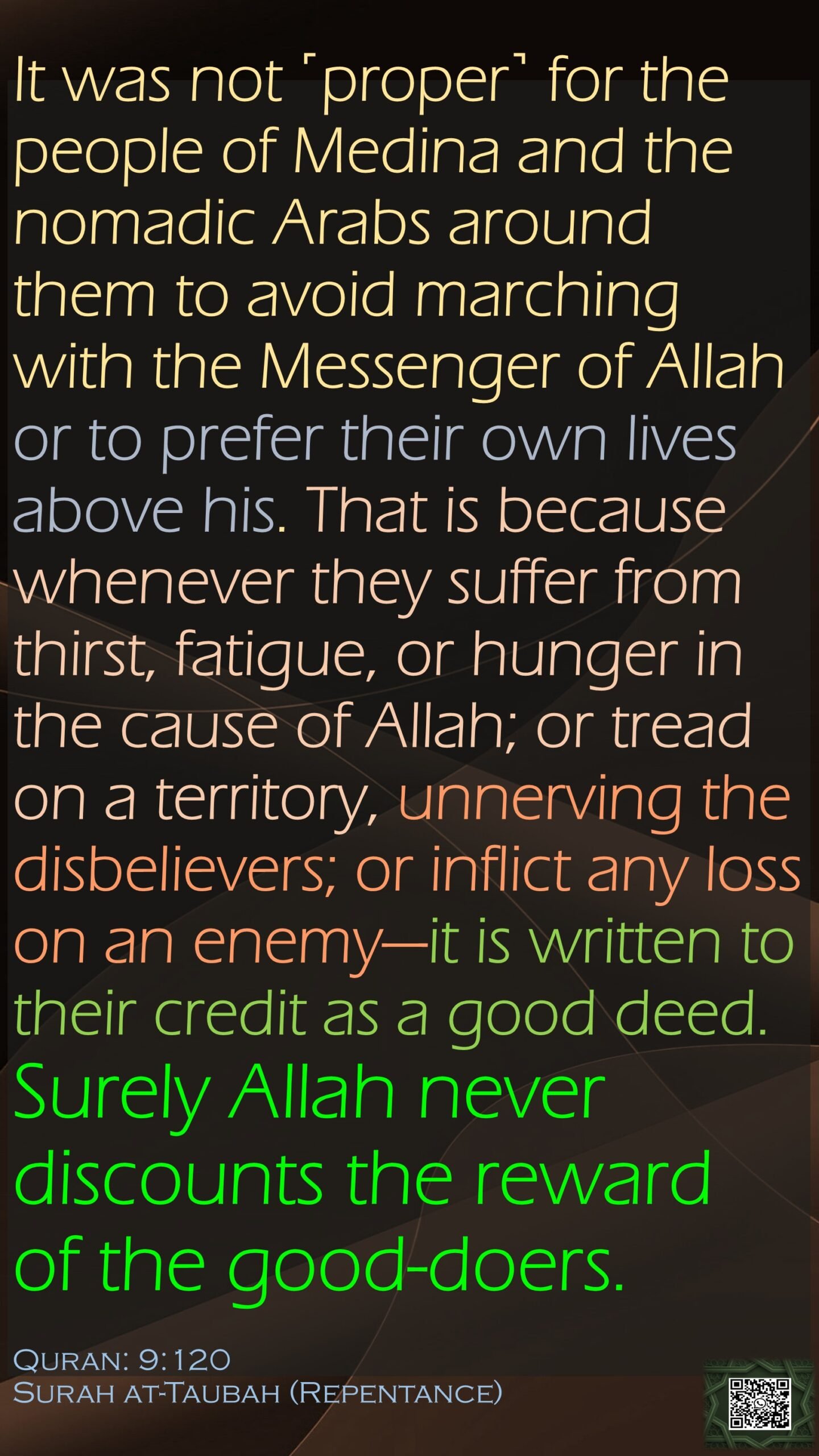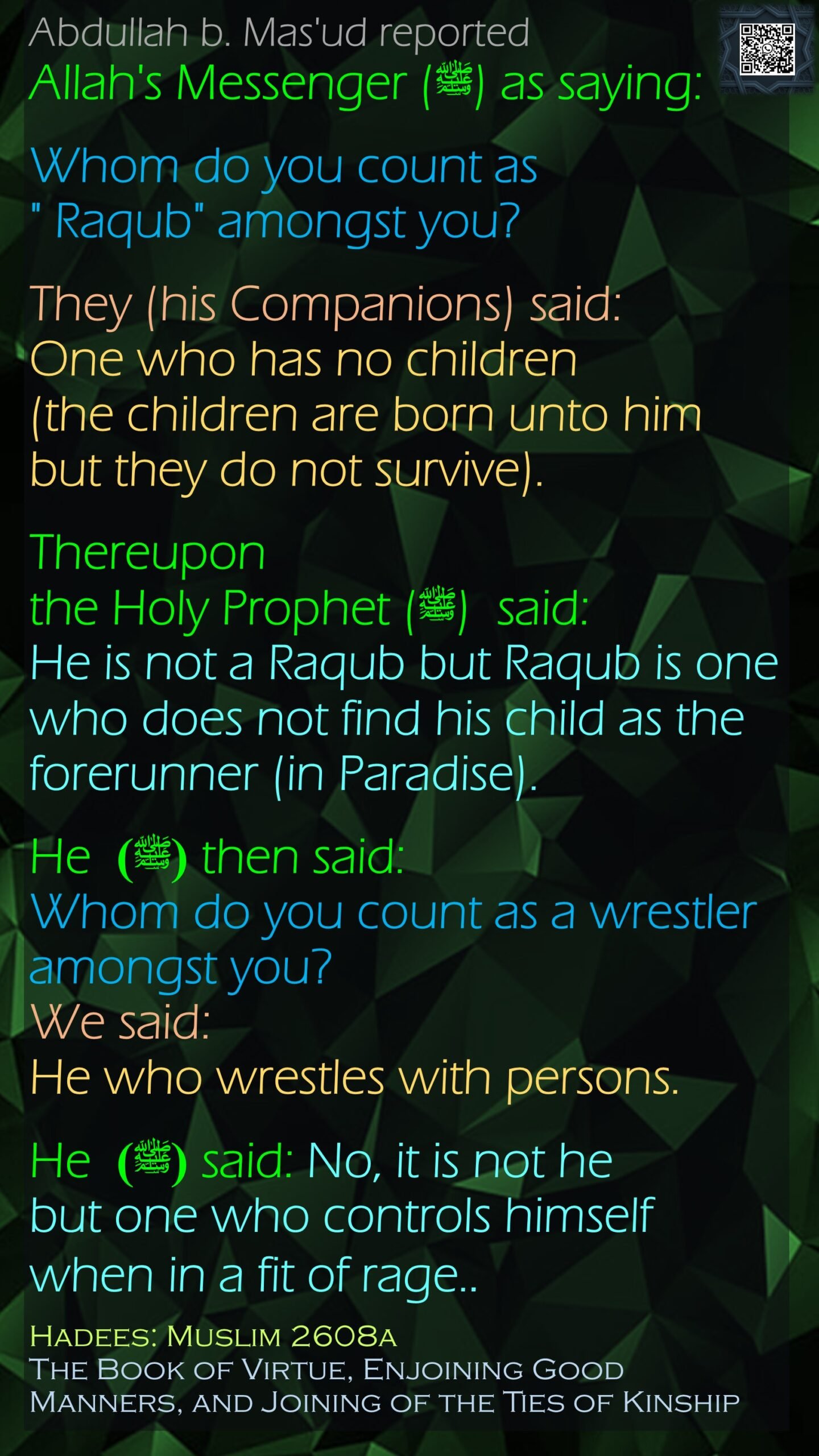7
Feb, 2026
21
Jan, 2026
Hadees: Nawawi 27 by 40 (Muslim)
Hadees, Islam 027, 27, 27 by 40, al-Birr, Allah, Birr, breast, character, consult, daily, dislike, ease, find, good, hadees, hadith, heart, inspirations, islam, islamic, legal opinion, Muhammad, Muslim, Nawawi, people, righteousness, Soul, tranquil, uneasy, wrongdoing
18
Dec, 2025
Quran 18:83~98 (Ayah al-Kahf)
Islam, Quran 018, 083, 084, 085, 086, 087, 088, 089, 090, 091, 092, 093, 094, 095, 096, 097, 098, Allah, ayat, barrier, believe, blow, copper, corrupt, corruption, course, daily, deed, enemy, gap, good, ground, Hog, hot, inspirations, Iron, islam, islamic, knwoledge, language, magog, maintain pass, molten, mountain, Muhammad, order, promise, quran, red, red-hot, retun, reward, rise, scale, set, shade, sun, sunrise, sunset, Surah, travel, true, tunnel, understand, Zul-Qarnain, Zulqarnain
9
Dec, 2025
Hadees: Tirmizi 1621 (Virtues of Jihad)
Hadees, Islam 1621, actions, Allah, daily, day of judgement, deed, deeds, enemy, except, frontier, good, grave, hadees, hadith, Holy War in Islam, increase, inspirations, islam, islamic, jihad, Muhammad, mujahid, seal, sealed, secure, tirmidhi, Tirmizi, tribulation, virtues
28
Nov, 2025
Quran 25:21~23 (Ayah al-Furqan)
Islam, Quran 021, 022, 023, 025, Al-Furqan, Allah, angel, arrogance, away, ayat, Chapter, daily, deed, dust, exceed, good, inspirations, islam, islamic, keep away, limit, Lord, meet, Muhammad, quran, scattered, see, Surah, the criterion, The Standard, verse
30
Sep, 2025
Quran 19:60~63 [Ayah Maryam (Mary)]
Islam, Quran 060, 061, 063, Allah, ayat, believe, believer, daily, deed, devout, evening, fulfilled, Gardens of Eternity, good, inspirations, islam, islamic, Mary, morning, Most Compassionate, Muhammad, paradise, peace, provide, provision, repent, reward, Surah
27
Jul, 2025
Quran 61:12~13 (Ayah as-Saff)
Islam, Quran admit, Allah, ayat, believer, daily, Eternity, favour, forgive, garden, good, help, home, imminent, inspirations, islam, islamic, Muhammad, paradise, Prophet, quran, river, splendid, Surah, triumph, ultimate, victory, نَصۡرࣱ مِّنَ ٱللَّهِ وَفَتۡحࣱ قَرِیبࣱۗ
25
Jun, 2025


